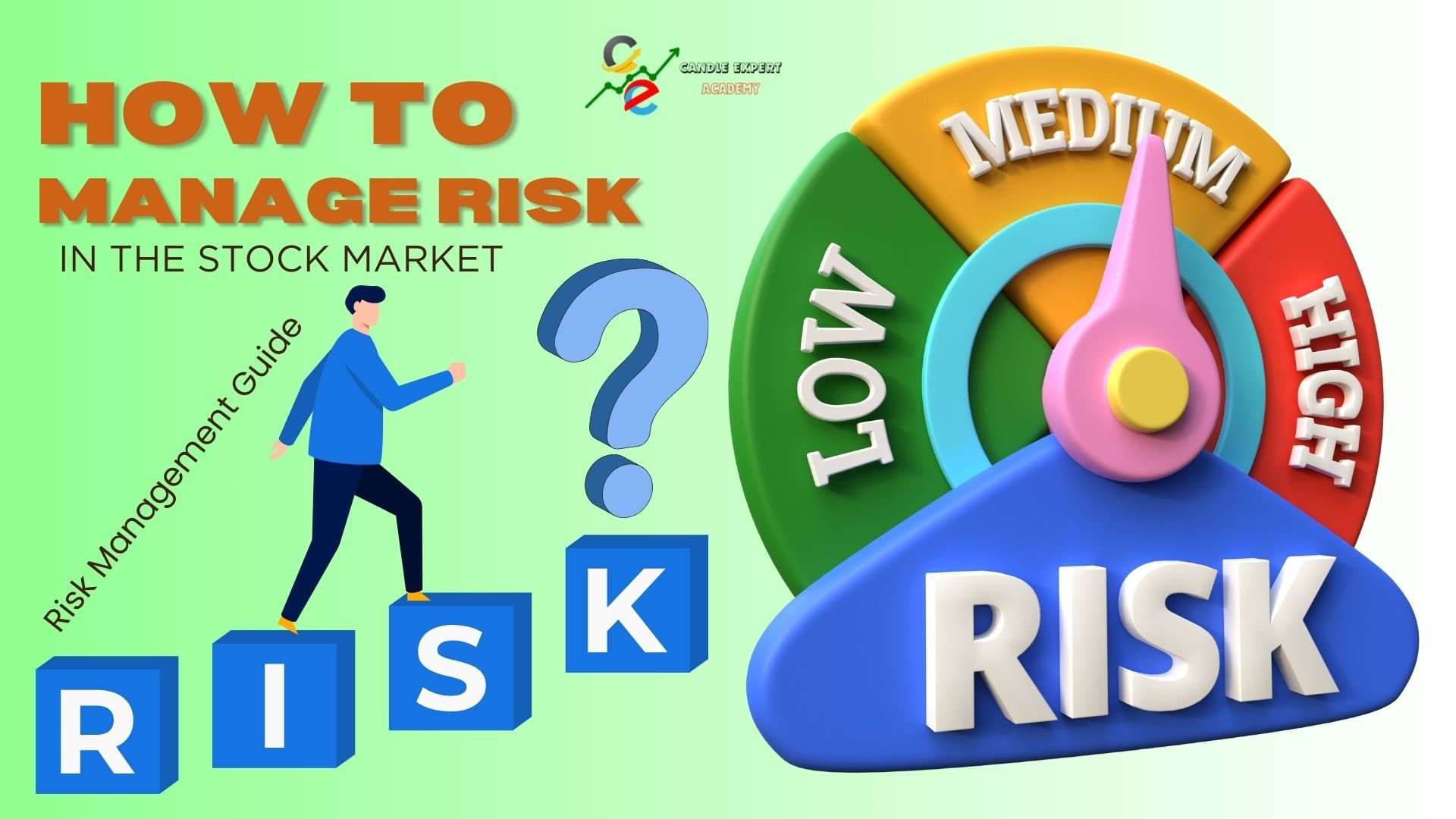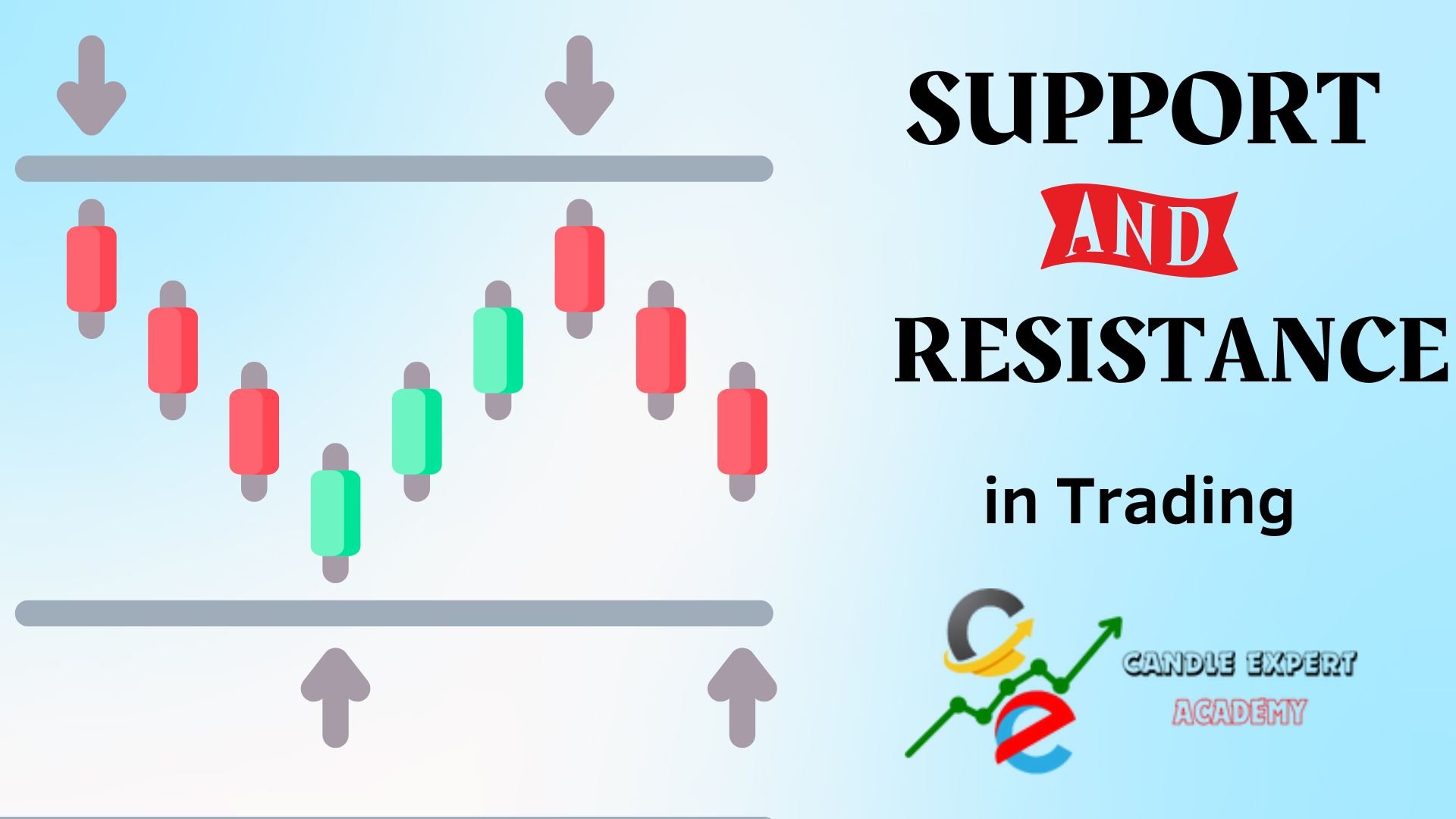
Published on :- 15 March 2025
How to Manage Risk in the Stock Market (Risk Management Guide)
Investing in the stock market can help people grow their money, but it also comes with risks. Many traders and investors lose money because they do not know how to manage risks properly. This guide will explain stock market risk management and teach you how to minimize trading losses by using simple and effective strategies.
Why is Risk Management Important?
Risk management helps traders and investors protect their money from large losses. The stock market can be unpredictable, and prices can change quickly. By using good risk management strategies, traders can reduce their losses and improve their chances of making profits.
Common Risks in the Stock Market
Market Risk
This is the risk that stock prices will fall due to market conditions. It happens when the economy is weak, or when there is bad news about companies.
Liquidity Risk
Liquidity risk happens when a trader is not able to sell stocks quickly at a good price. Some stocks have fewer buyers and sellers, making them harder to sell.
Volatility Risk
Stock prices can move up and down very quickly. This price movement is called volatility. High volatility can cause big losses if a trader is not careful.
Company-Specific Risk
Each company has its own risks. A company’s stock price can fall if it has bad financial performance, legal problems, or poor management.
Interest Rate Risk
Changes in interest rates can affect stock prices. When interest rates go up, borrowing money becomes more expensive, and companies may make less profit.
How to Minimize Trading Losses
Use Stop-Loss Orders
A stop-loss order is a tool that helps traders limit their losses. It automatically sells a stock when the price falls to a certain level. This prevents traders from losing too much money.
Diversify Investments
Diversification means investing in different stocks and industries. If one stock loses value, the others may still perform well. This helps balance risk and protects investments.
Trade with a Plan
Successful traders follow a clear plan before buying or selling stocks. They decide in advance how much money they will invest and what price they will sell at. This prevents emotional decisions.
Manage Position Size
Position size means how much money a trader puts into one stock. Traders should not invest all their money in one trade. It is better to spread money across different stocks to reduce risk.
Avoid Overtrading
Some traders buy and sell stocks too often, hoping to make quick profits. This is called overtrading, and it can lead to big losses because of trading fees and mistakes.
Follow Market Trends
Watching market trends helps traders make better decisions. If the market is going up, it may be a good time to buy. If the market is falling, it may be better to wait before investing.
Understanding Risk-Reward Ratio
The risk-reward ratio helps traders decide if a trade is worth it. A good ratio is when the potential profit is greater than the possible loss. For example, if a trader risks 100 rupees to make 300 rupees, the ratio is 1:3, which is a good trade.
Psychological Aspects of Risk Management
Control Emotions
Fear and greed can cause traders to make bad decisions. It is important to stay calm and follow a strategy instead of making quick choices based on emotions.
Be Patient
Stock market investing takes time. Some traders lose money because they expect quick profits. Being patient and waiting for the right opportunity can lead to better results.
Learn from Mistakes
Every trader makes mistakes. The key is to learn from them and avoid repeating the same errors. Keeping a record of trades can help traders understand what works and what does not.
Risk management is very important in the stock market. By understanding different types of risks and using strategies to reduce losses, traders can protect their money and make better investment decisions. Learning about stock market risk management and knowing how to minimize trading losses can help both beginners and experienced traders succeed.

About the author
Afraheem Ali
Candle Expert Academy, founded by Afraheem Ali, is a dedicated platform for learning the art and science of candlestick trading. With a focus on technical analysis, price action strategies, and risk management, the academy empowers traders with the knowledge and skills needed to navigate financial markets effectively.
Afraheem Ali, a seasoned trader and mentor, has years of experience in financial markets.
Candle Expert Academy, the goal is to develop confident, self-reliant traders. With structured learning modules, real-world case studies, and practical insights, students gain a deep understanding of market psychology and trading strategies.

Fundamental Analysis vs Technical Analysis: Which One Is Better?
Fundamental analysis looks at the core aspects of a company. When using fundamental analysis, an investor studies the companys financial health, its products or services, and the overall market.
READ MORE
Support and Resistance in Trading: A Beginner Guide
Important ideas of support and resistance in the stock market. You will learn the basic ideas behind these key trading strategies.
READ MORE
How to Manage Risk in the Stock Market (Risk Management Guide)
Risk management helps traders and investors protect their money from large losses. The stock market can be unpredictable, and prices can change quickly. By using good risk management strategies, traders can reduce their losses and improve their chances of making profits.
READ MORE
Fundamental Analysis vs Technical Analysis: Which One Is Better?
Fundamental analysis looks at the core aspects of a company. When using fundamental analysis, an investor studies the companys financial health, its products or services, and the overall market.
READ MORE
Support and Resistance in Trading: A Beginner Guide
Important ideas of support and resistance in the stock market. You will learn the basic ideas behind these key trading strategies.
READ MORE
How to Manage Risk in the Stock Market (Risk Management Guide)
Risk management helps traders and investors protect their money from large losses. The stock market can be unpredictable, and prices can change quickly. By using good risk management strategies, traders can reduce their losses and improve their chances of making profits.
READ MORE